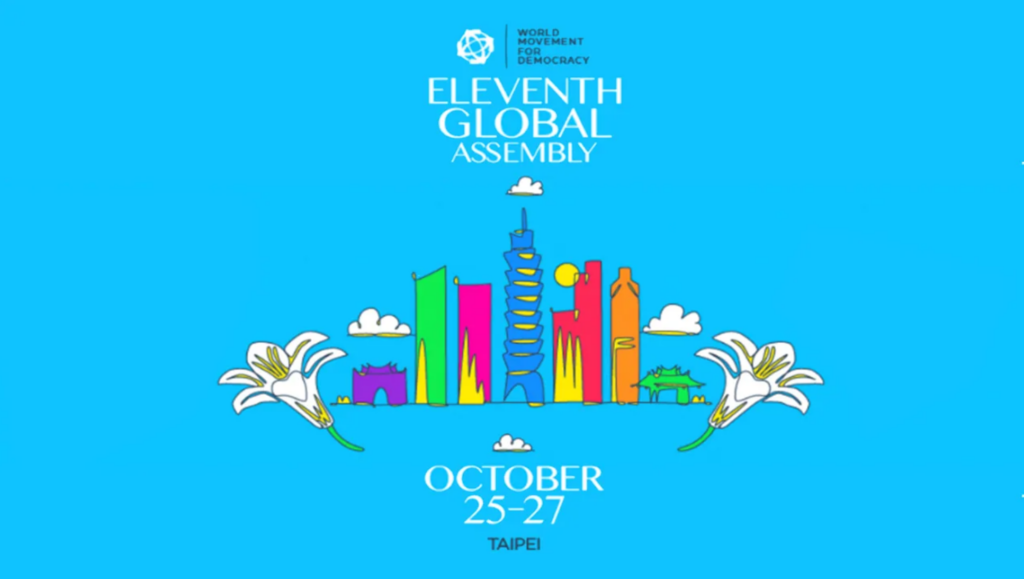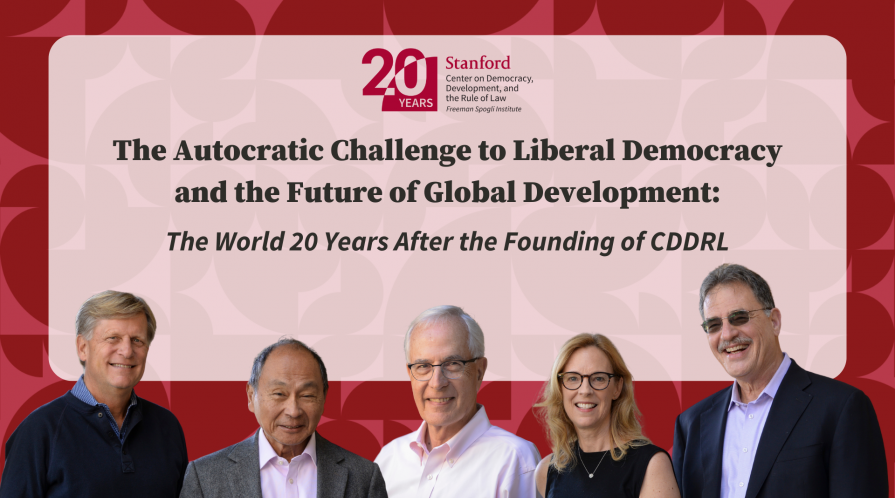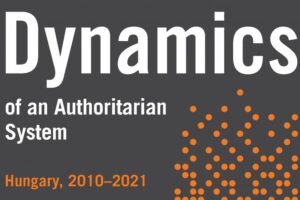 Taiwan and Ukraine are at the epicenter of the future of freedom, according to National Endowment for Democracy (NED) President and CEO Damon Wilson. Russia’s invasion of Ukraine and Beijing’s coercion of Taiwan as well as its own people represent the greatest threat to democracy, he told Radio Taiwan International.
Taiwan and Ukraine are at the epicenter of the future of freedom, according to National Endowment for Democracy (NED) President and CEO Damon Wilson. Russia’s invasion of Ukraine and Beijing’s coercion of Taiwan as well as its own people represent the greatest threat to democracy, he told Radio Taiwan International.
This decade is defining new challenges for democracies, as authoritarian regimes are exporting tools and technologies of oppression, Wilson added, as the NED and the Taiwan Foundation for Democracy hosted the 11th Global Assembly of the World Movement for Democracy in Taipei.
As he cushions himself with party loyalists, Xi Jinping’s consolidation of power entails risks, he observed. As authoritarians lead in a vacuum, they are more susceptible to mistakes and miscalculations, as is evident in Vladimir Putin’s invasion of Ukraine.
President Tsai Ing-wen said Taiwan’s people “have never shied away from the challenges of authoritarian interference… and fought against forces looking to undermine” its democracy.
“The challenge posed by authoritarian regimes is an important wake-up call for democrats worldwide,” she told the World Movement assembly, citing Russia’s invasion of Ukraine.

Twenty years after the establishment of Stanford’s Center on Democracy, Development and the Rule of Law (CDDRL), the world looks very different, it observes. Democracy is under threat globally by populism, authoritarianism, and inequality. Technological change has proven to be both a force for positive change and a tool in the hands of leaders seeking to enhance social control rather than enable freedom.
CDDRL’s 20th Anniversary Conference
A panel of current and former CDDRL directors will reflect on two decades of global transformation and discuss strategies to fight democratic decline:
Coit Blacker, Senior Fellow Emeritus & Director, Emeritus, Freeman-Spogli Institute for International Studies
 Larry Diamond, Mosbacher Senior Fellow in Global Democracy, Freeman-Spogli Institute for International Studies and Senior Fellow, Hoover Institution
Larry Diamond, Mosbacher Senior Fellow in Global Democracy, Freeman-Spogli Institute for International Studies and Senior Fellow, Hoover Institution
Francis Fukuyama, Olivier Nomellini Senior Fellow, Freeman-Spogli Institute for International Studies and Director of the Master’s in International Policy Program
Michael McFaul, Director, Freeman Spogli Institute for International Studies; Ken Olivier and Angela Nomellini Professor of International Studies, Department of Political Science; Peter and Helen Bing Senior Fellow, Hoover Institution
Kathryn Stoner, Mosbacher Director, Center on Democracy, Development and the Rule of Law; Senior Fellow, Freeman Spogli Institute for International Studies; Professor of Political Science and Senior Fellow, Hoover Institution (both by courtesy)
Chair: Didi Kuo, Associate Director for Research, Senior Research Scholar, Center for Democracy, Development and the Rule of Law.

Hungary’s Viktor Orbán controls the media, stifles democracy and conducts an intimidation campaign against LGBTQ people and other vulnerable groups. But many Hungarians at home and in diaspora hubs such as Transylvania sure like him, Haaretz reports.
Orbán also has a vital asset for any leader – “He understands the voters well,” says Peter Kreko, director of Political Capital, a Budapest-based think tank.
Hungary “exemplifies the vulnerability of democratic institutions to authoritarian and populist regimes, including the tendency for institutionalized corruption to develop systemically,” according to a new book, which details favoritism in politically connected enterprises based on an analysis of the corruption risk of 242,183 public tenders.
CEU Press invite you to the launch of Dynamics of an Authoritarian System: Hungary, 2010–2021.

National Endowment for Democracy (NED)
Speakers:
Leszek Balcerowicz (Professor of Economics, Warsaw School of Economics; Former Deputy Prime Minister of Poland and Minister of Finance)
András Bozóki (Professor at the Department of Political Science, CEU, and Research Affiliate at the CEU Democracy Institute)
Béla Greskovits (University Professor at the Department of International Relations, and Department of Political Science, CEU)
The event will be moderated by Péter Bucsky (journalist, g7.hu).
Speakers will be online; the authors, Maria Csanádi, Márton Gerő, Miklós Hajdu, Imre Kovách, Mihály Laki, and István János Tóth will be available for Q&A online or in person.
Join in person at the CEU Budapest Campus, Nádor u. 15, Room 104 or online via this Zoom link. Meeting ID 968 4280 2442 / Passcode 534862







